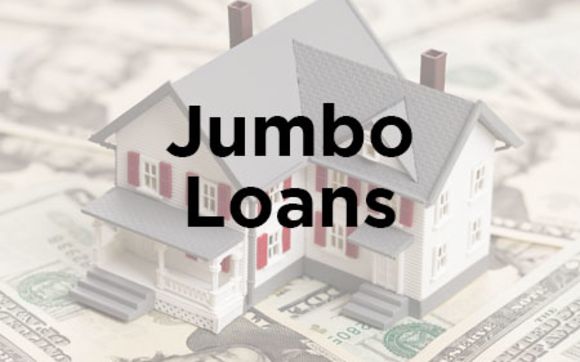When buying a home, obtaining a mortgage loan is one of the most crucial aspects. However, not all loans are created equal, and understanding the differences can significantly impact your home buying experience. This article dives into the world of mortgage loan limits, particularly exploring the jumbo home loan concept. So, get started!
Table of Contents
Understanding Mortgage Loan Limits
Mortgage loan limits are the maximum amount a homebuyer can borrow under a specific mortgage program. These limits are established by the government-sponsored enterprises (GSEs) Fannie Mae and Freddie Mac, which purchase and guarantee most of the mortgages in the United States. The primary purpose of these limits is to ensure that homebuyers have access to affordable credit while protecting the housing market’s stability.
Conforming Loans vs. Jumbo Loans
Mortgage loans are generally classified into two categories: conforming loans and jumbo loans. Conforming loans are those that meet the guidelines set by Fannie Mae and Freddie Mac, including the loan limits. In 2021, the conforming loan limit was $548,250 for a single-family home in most parts of the country. However, the limits can be higher in areas with higher home prices.
On the other hand, jumbo loans exceed the conforming loan limits. These loans are considered riskier for lenders since they’re not backed by the GSEs, resulting in stricter qualification requirements and typically higher interest rates.
Pros and Cons of Jumbo Loans
Before deciding on a jumbo loan, carefully consider its pros and cons to see if it suits your financial situation.
Pros:
- Access to larger loans for pricier properties
- Competitive interest rates in recent years
- Broader ARM options for tailored borrowing
Cons:
- Strict qualification criteria (credit score, DTI ratio, down payment)
- Generally higher interest rates than conforming loans
- Limited availability from lenders
Are You Eligible for a Jumbo Loan?
While jumbo loans can be attractive for homebuyers seeking larger properties, they come with specific qualification criteria. For example, as SoFi states, “Because a jumbo loan is for an amount greater than a conforming loan, it gives you more options for the ownership of homes that are otherwise cost prohibitive.” These requirements can vary from one lender to another but generally include the following:
- A high credit score: Lenders typically look for a credit score of at least 700 to approve a jumbo loan.
- Low debt-to-income (DTI) ratio: Lenders prefer a DTI ratio of 43% or lower, which indicates that your monthly debt payments do not exceed 43% of your gross monthly income.
- A sizable down payment: At least 20% is usually required for jumbo loans, although some lenders may accept a lower percentage with additional restrictions.
- Proof of income and assets: You’ll need to provide extensive documentation of your income, assets, and financial history to qualify for a jumbo loan.
Mortgage loan limits play a significant role in determining the type of loan you’ll need when purchasing a home. While jumbo loans can be viable for those seeking more expensive properties, they come with stricter qualifications and higher interest rates. By understanding the ins and outs of jumbo loans and carefully evaluating your financial situation, you can decide whether this type of mortgage is right for you.






